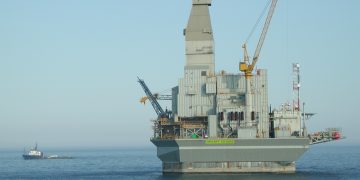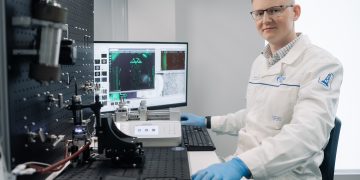Subsoil Users Must Pay for Licenses in Accordance with the Value of the Mineral Deposits
Companies must pay for subsoil use based on the actual value of the mineral deposits, as this will provide an incentive for them to develop the licensed sites. This statement was made by the Deputy Prime Minister of the Russian Federation, Dmitry Patrushev, during a meeting of the Board of the Federal Agency for Subsoil Use of the Russian Federation (Rosnedra).
According to Patrushev, assessing deposits based on their value should serve as a deterrent to the emergence of “dormant licenses” — cases in which a subsoil plot has been granted to a user but remains undeveloped. He stressed that this issue must be addressed by involving regulatory authorities and the Accounts Chamber of the Russian Federation.
The Deputy Prime Minister emphasized that natural resources must generate revenue for the state, and for this reason, “dormant licenses” should be transferred to responsible companies. At the same time, Patrushev underlined the importance of ensuring that geological exploration activities are economically incentivized.
He added that he expects concrete proposals from Rosnedra on resolving the issue of dormant licenses within the current year.
As reported by Neftegaz i Kapital, the development of hydrocarbon deposits in the Russian Federation is not always determined by the companies themselves, since the country is a member of the Organization of the Petroleum Exporting Countries Plus (OPEC+) and is obliged to comply with production quotas established within the framework of this alliance.
As for natural gas and coal reserves, their development also largely depends on the export potential of the respective sectors.
Previously, experts at Neftegaz i Kapital have repeatedly stated that in order to ensure stable utilization of extraction capacities in the Russian oil, gas, and coal industries, it is necessary to develop chemical processing projects and to consider the possibility of creating national strategic oil storage facilities.







